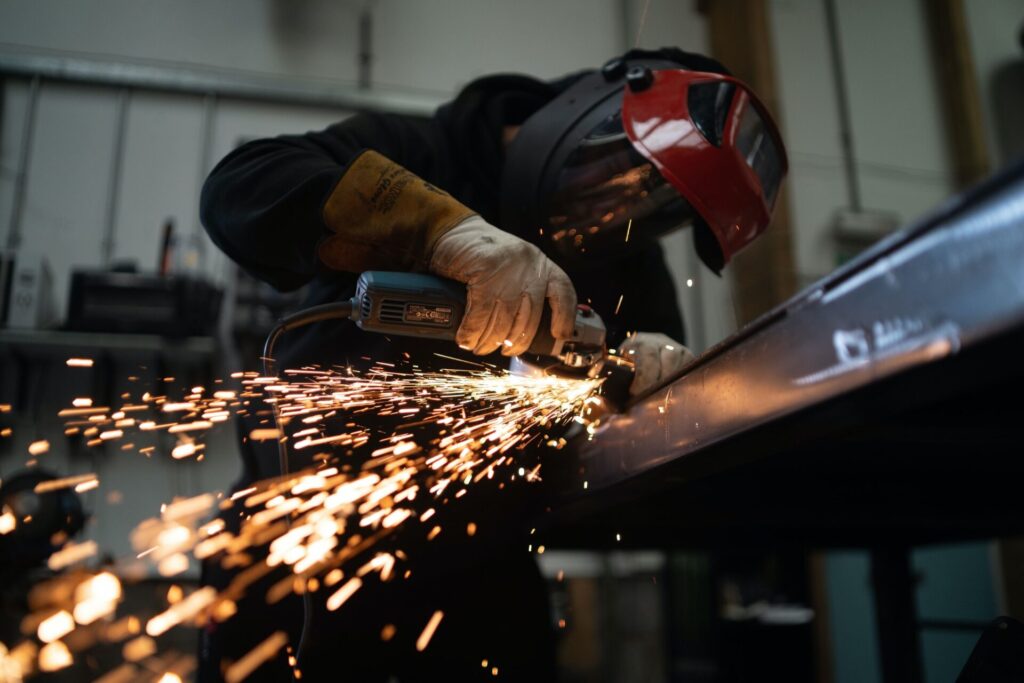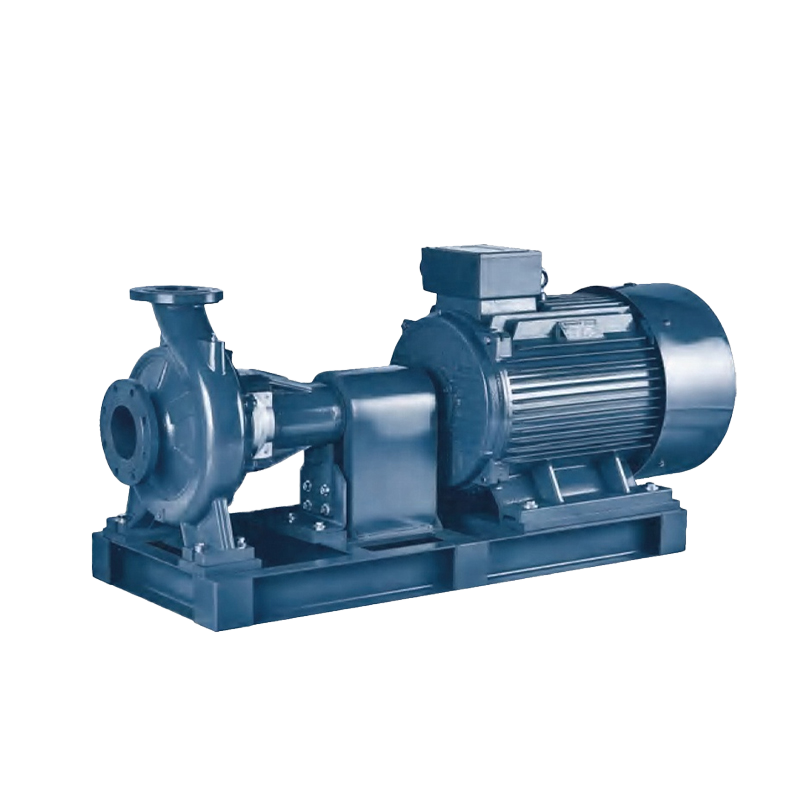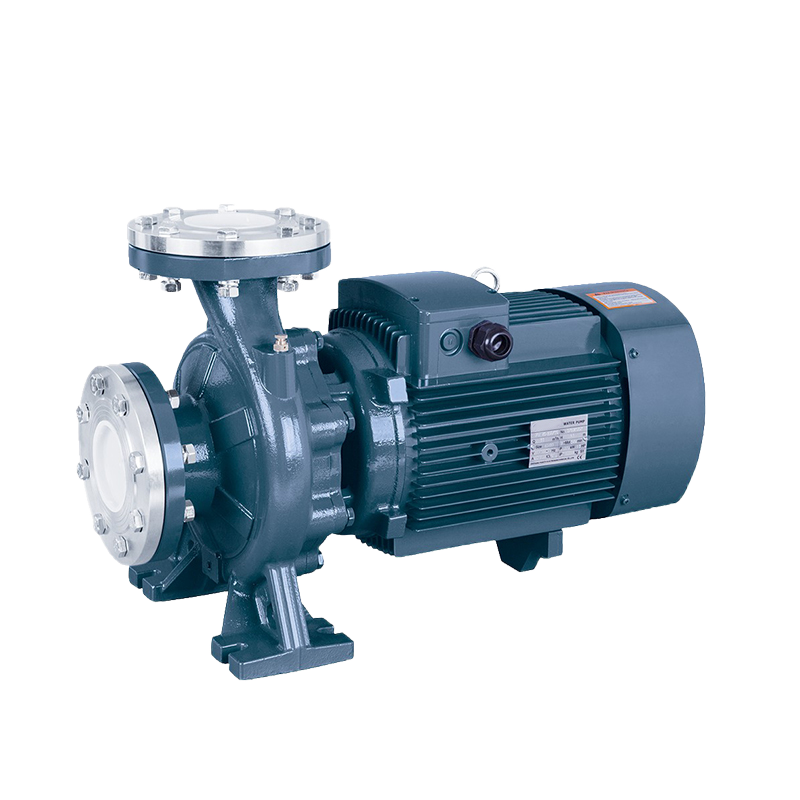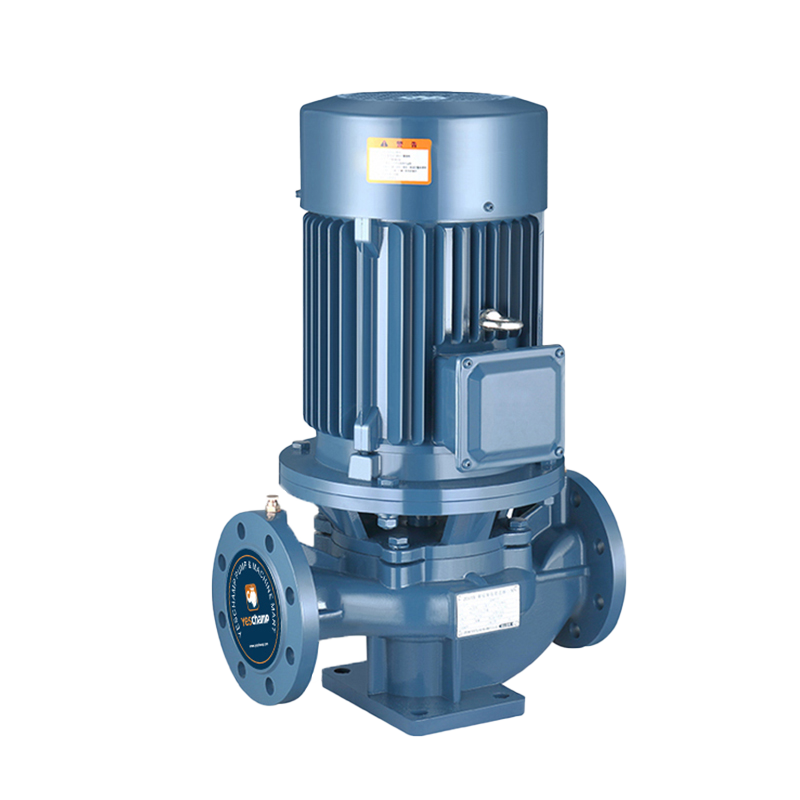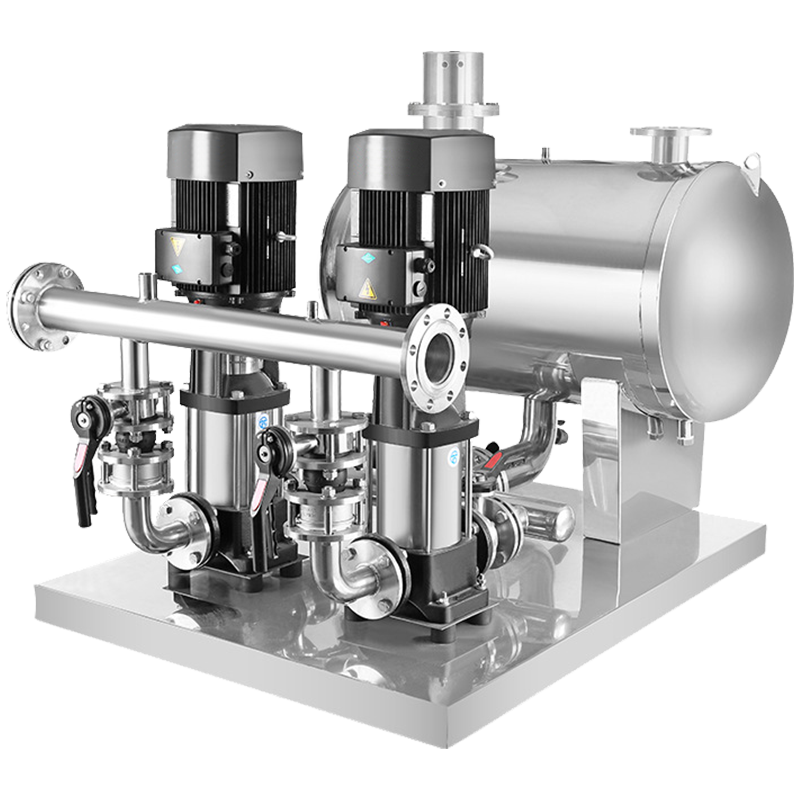Pipeline Pump: The Key to Efficient Fluid Transportation
A pipeline pump is a specialized pump designed to move liquids efficiently through pipelines across long distances. These pumps play a critical role in industries such as oil and gas, water treatment, chemical processing, and more, where reliable fluid transportation is essential. With their high efficiency, durability, and ability to handle various liquids, pipeline pumps are an indispensable solution for industrial and commercial operations.
What Is a Pipeline Pump?
A pipeline pump is a type of centrifugal pump specifically designed to transport fluids through pipelines under high pressure. Its primary function is to maintain the flow of liquids over long distances or through piping systems with varying elevations.
Pipeline pumps are known for their robust construction, high efficiency, and ability to handle a wide range of liquids, including water, oil, chemicals, and more.
How Does a Pipeline Pump Work?
Pipeline pumps operate using the principle of centrifugal force. Here’s a step-by-step explanation of how they work:
1.Fluid Inlet:
The liquid enters the pump through the suction port.
2.Impeller Action:
The impeller rotates at high speed, imparting kinetic energy to the fluid and increasing its velocity.
3.Pressure Conversion:
The volute or diffuser converts the fluid’s velocity into pressure energy, enabling it to move through the pipeline.
4.Fluid Discharge:
The pressurized liquid exits the pump through the discharge port and continues its journey through the pipeline system.
This simple but powerful mechanism allows pipeline pumps to efficiently transport liquids over long distances or to elevated locations.
How to Select the Right Pipeline Pump
Choosing the right pipeline pump for your system is crucial to ensure efficiency and reliability. Consider the following factors:
1. Flow Rate and Pressure Requirements
Determine the volume of liquid to be transported and the pressure required to move it through the pipeline.
2. Type of Fluid
Consider the fluid’s properties, including viscosity, temperature, and corrosiveness, to select a compatible pump material.
3. Pipeline Design
Evaluate the length, diameter, and layout of the pipeline to determine the required pump capacity.
4. Energy Efficiency
Opt for energy-efficient models to reduce operational costs.
5. Material Durability
Choose corrosion- and wear-resistant materials for handling abrasive or corrosive fluids.
6. Installation Space
Select a pump that fits within the available space, whether it’s a horizontal or vertical configuration.
7. Maintenance Needs
Look for a pump with a simple design to reduce maintenance time and costs.
8. Reputable Manufacturer
Purchase from a trusted supplier offering warranties, technical support, and spare parts availability.
Maintenance Tips for Pipeline Pumps
Regular maintenance is essential to ensure the longevity and performance of your pipeline pump. Here are some tips:
Inspect Regularly:
Check for leaks, vibrations, or unusual noises during operation.
Clean Components:
Remove debris and buildup from impellers, casings, and seals.
Lubricate Bearings:
Apply appropriate lubrication to reduce friction and prevent overheating.
Monitor Performance:
Track flow rates, pressure, and energy consumption to detect issues early.
Replace Worn Parts:
Inspect seals, gaskets, and impellers for wear and replace them as needed.
Follow Manufacturer Guidelines:
Adhere to the recommended maintenance schedule and operating instructions.
The pipeline pump is a vital component for efficient fluid transportation across industries. Its durability, energy efficiency, and ability to handle various fluids make it an essential tool for applications like water supply, oil and gas transportation, and chemical processing.
By selecting the right pipeline pump and maintaining it properly, you can ensure consistent performance, reduce operational costs, and maximize the lifespan of your equipment.
 English
English عربى
عربى
 Fire Pump and System
Fire Pump and System Split Case Pump
Split Case Pump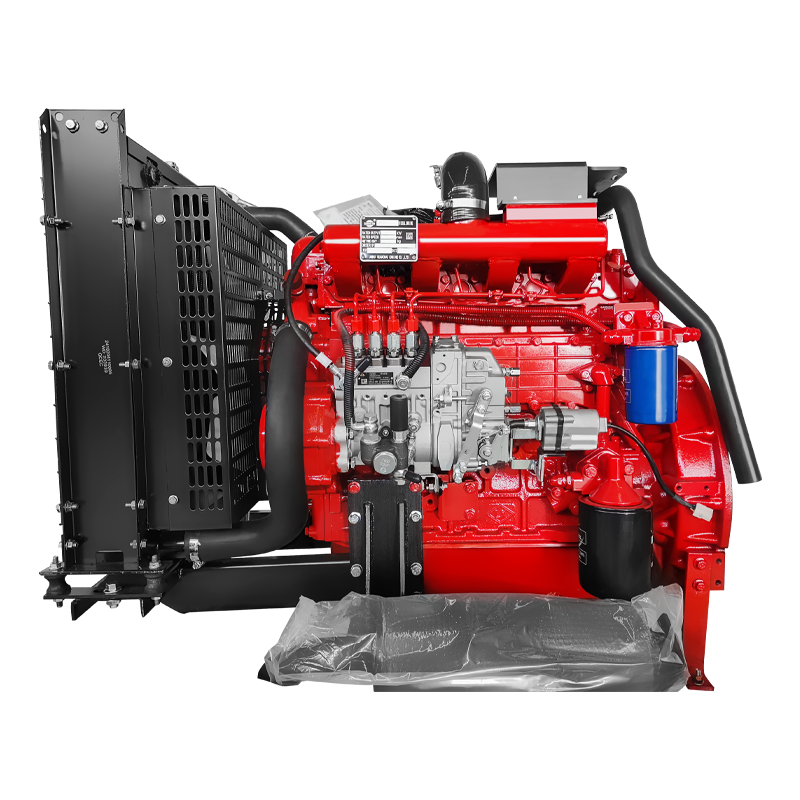 Engine and Pump
Engine and Pump Long Shaft Pump
Long Shaft Pump Multistage pump
Multistage pump Water Supplier System
Water Supplier System Sewage Pump
Sewage Pump Industrial Pump
Industrial Pump Self-Priming Pump
Self-Priming Pump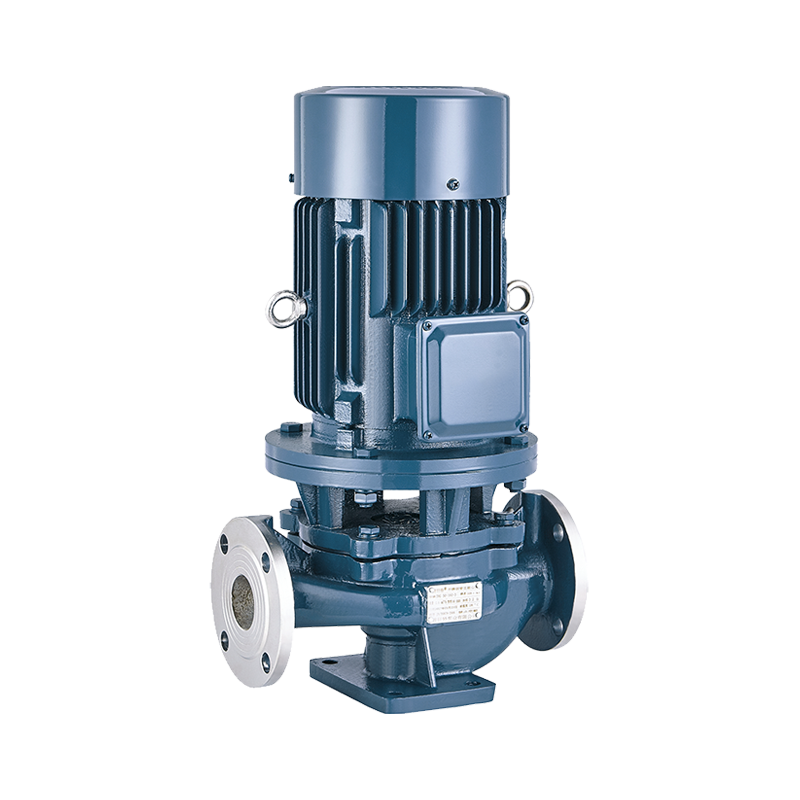 Inline Pump
Inline Pump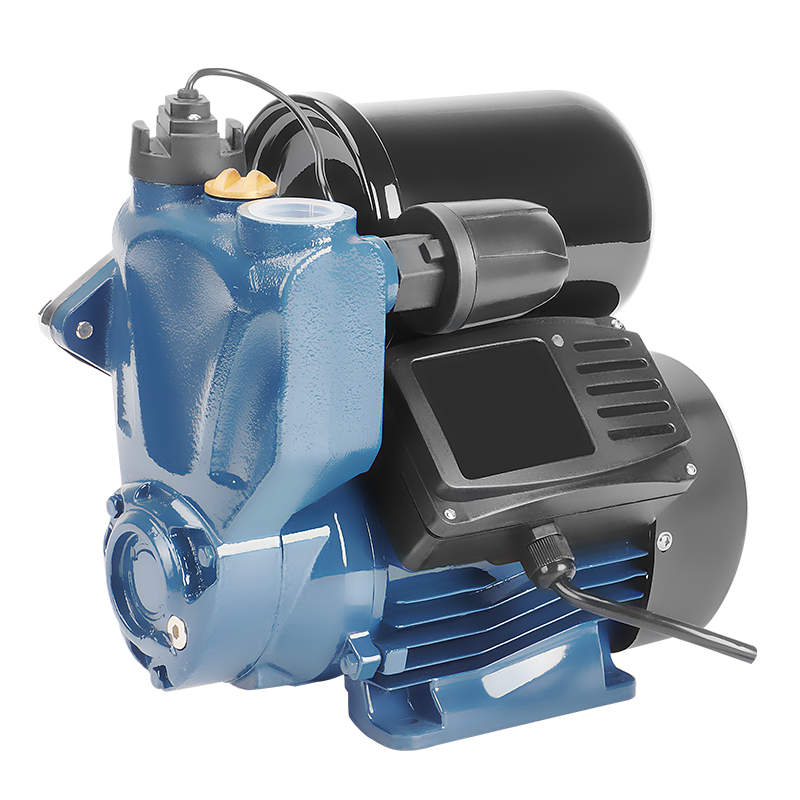 Domestic Pump
Domestic Pump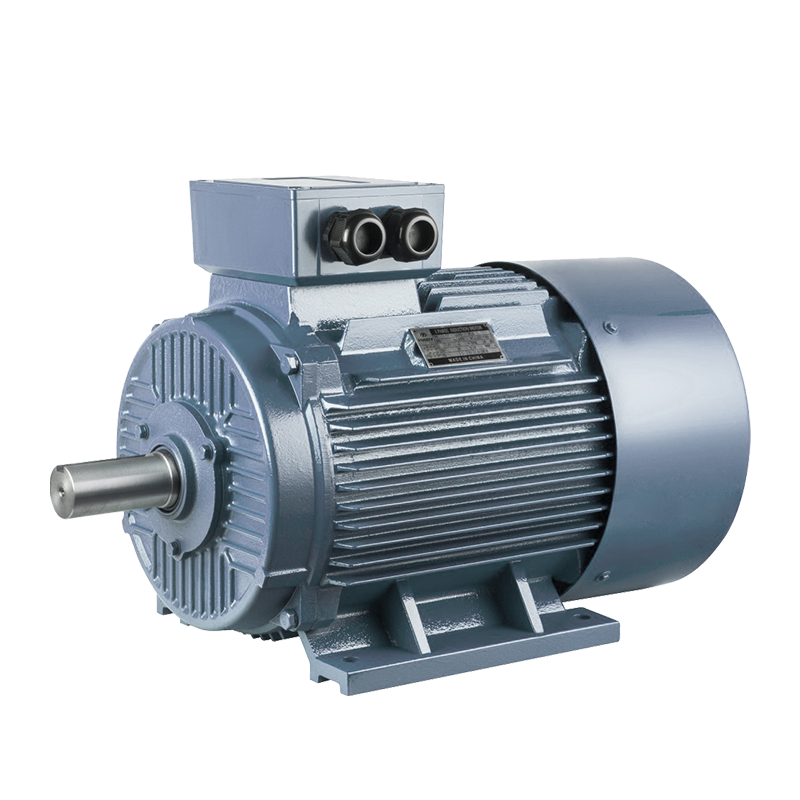 Electric Motor
Electric Motor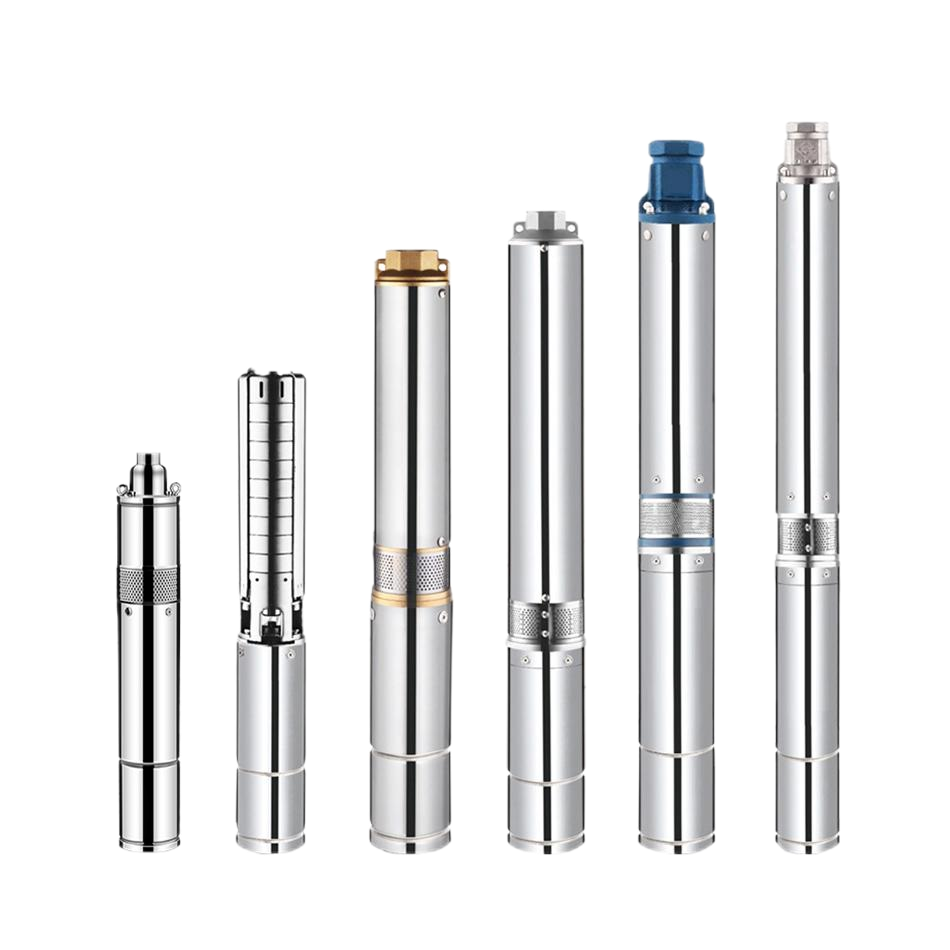 Borehole Pump
Borehole Pump